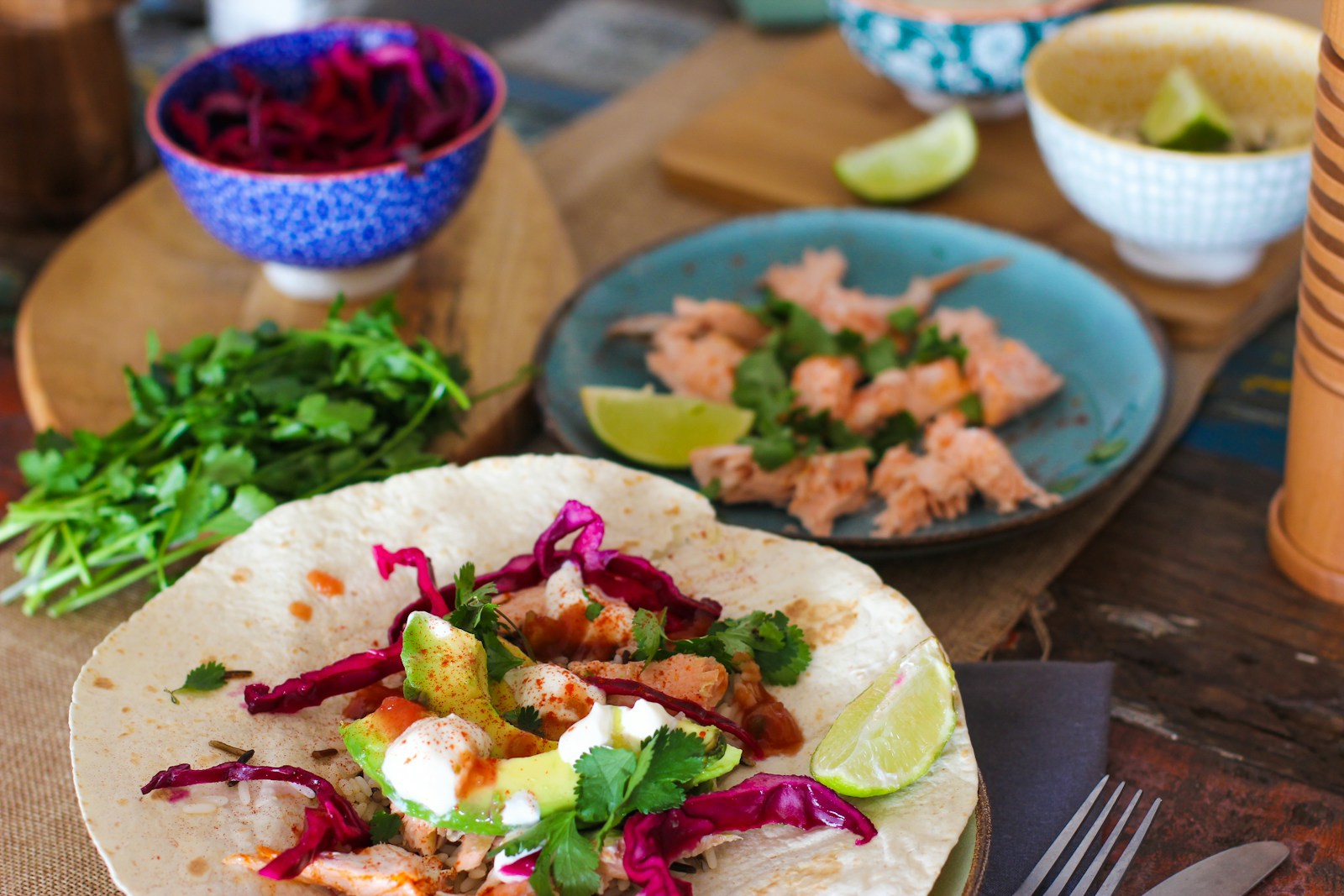
cocinero

cook
'Cocinero' refers to a person who prepares and cooks food, particularly professionally in a restaurant. It typically refers to a male cook.
Example sentences using: cocinero
Mi padre es un buen cocinero.

My father is a good cook.
This sentence means that the speaker's father is good at cooking. The word 'cocinero' means cook in Spanish.
El cocinero corta las verduras.

The cook cuts the vegetables.
This phrase is showing an action being performed by the 'cocinero', which is to cut vegetables. This is an example of a present tense sentence.
¿Dónde está el cocinero?

Where is the cook?
In this question, 'Dónde está?' is equivalent to 'Where is?' in English. So, it's basically asking the location of the cook ('cocinero').
El cocinero está preparando la cena.

The cook is preparing the dinner.
In this sentence, 'cocinero' refers to a person who's in the process of cooking (preparing) the dinner. In Spanish, '-ing' form is represented by 'está' followed by the verb.
Ella quiere ser una cocinera famosa.

She wants to be a famous cook.
In this sentence, 'cocinera' is the female form of 'cocinero', indicating a female cook. 'Quiere ser' means 'wants to be' expressing a desire or goal.
¿Eres cocinero?

Are you a cook?
This is a simple question in Spanish where 'Eres' stands for 'Are you'. In this case, 'cocinero' stands for 'cook', thus it's asking if the person is a cook.
El cocinero hizo una deliciosa pasta.

The cook made a delicious pasta.
In this sentence, 'hizo' (made) refers to the past action performed by the cook ('cocinero') which is cooking a delicious pasta.
Necesitamos un cocinero para el restaurante.

We need a cook for the restaurant.
Here, 'Necesitamos' means 'we need' and thus it's expressing a requirement or need for a cook ('cocinero') in a restaurant.
Voy a ser cocinero cuando sea mayor.

I am going to be a cook when I grow up.
The expression 'Voy a ser' and 'cuando sea mayor' refer to future intentions. Thus, the speaker is expressing their desire or ambition to become a cook when they grow up.
Este cocinero cocinó una tarta de manzana increíble.

This cook cooked an unbelievable apple pie.
In this sentence, 'Este cocinero' stands for 'This cook'. 'cocinó' is the past tense of 'cocinar' (to cook) referring an action taken in the past.